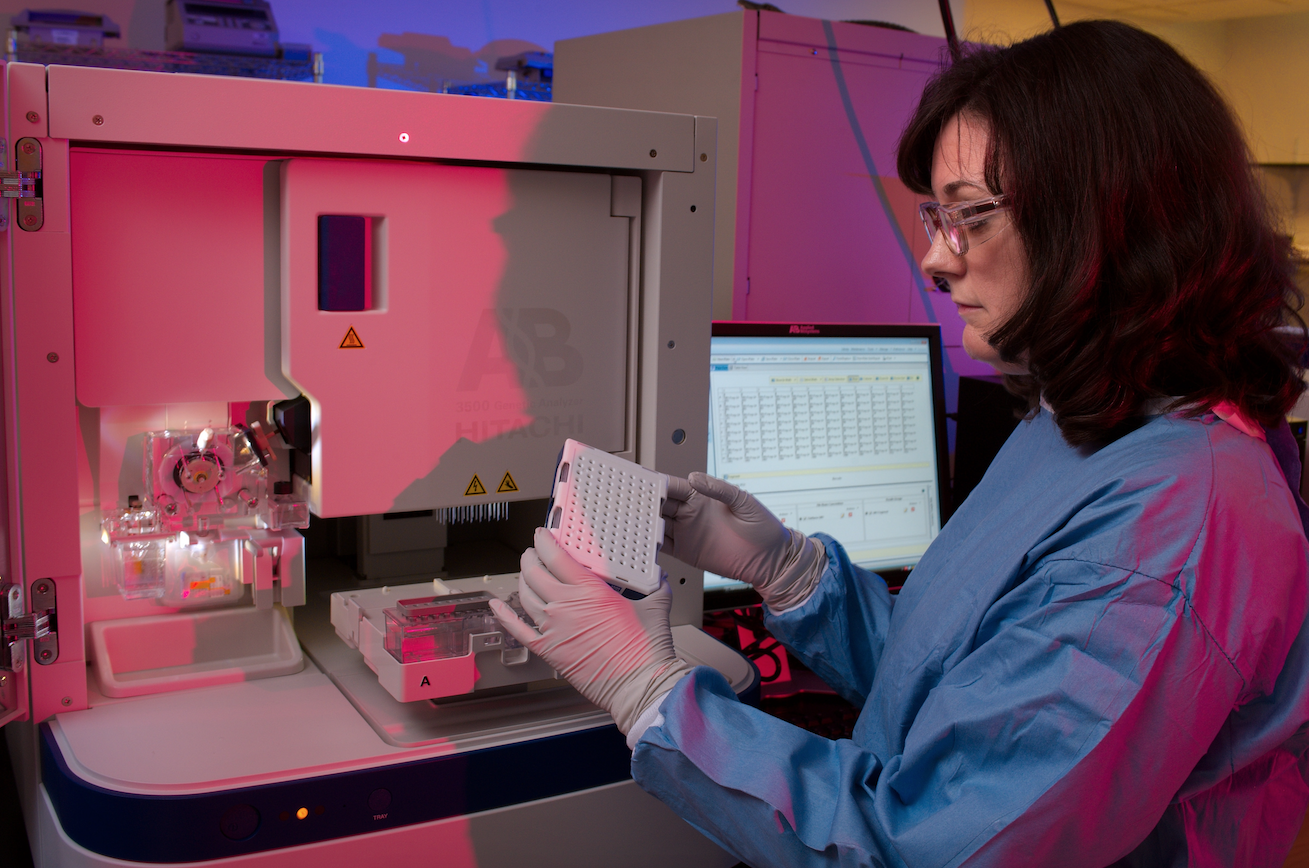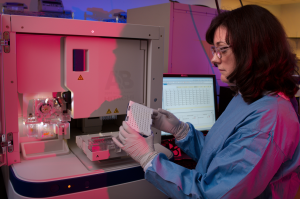Most people have heard of the genetic disorder, Cystic Fibrosis, but did you know that it is one of the most common disorders worldwide, affecting 1 in 2500-3500 live births just in Caucasian populations? This condition is caused by over 1500 different possible mutations in the gene called cystic fibrosis transmembrane conductance regulator, or CFTR. CF is a recessive genetic disorder, meaning someone needs two copies of the mutated gene to have the disease, but carrier rates (people who have one copy of the mutated gene and function normally) are extremely high. Because of this, carrier screening is becoming more and more important for women who are or want to become pregnant.
One screening that has shown promise in cost effectiveness, quick turnaround time, and a low sample volume requirement is the Swift Accel-Amplicon CFTR Panel. Although this test sounds great, the effectiveness and accuracy of the test has not been tested before. On January 8, 2020, researchers published results from a study of this test’s performance using samples from the Center for Applied Genomics and Children’s Hospital of Philadelphia. These samples included a variety of known CF mutations including missense, nonsense, splicing, and indels. Missense and nonsense mutations refer to a change in one nucleotide that results in a different amino acid being produced or no amino acid being produced. Splicing is a mutation where introns (non-coding regions) are left in a gene or exons (coding regions) are left out or mixed up. Indels refer to an insertion or deletion of a single nucleotide which results in a frameshift mutation, completely resetting the reading frame of the gene. Although some of these mutations are more likely to be harmful than others, all of them can affect protein structure, therefore it is important that all of them are detected.
The region of the CFTR gene includes 6123 base pairs, and this panel tests an amplified region of 9666 base pairs, allowing for padded regions on each side of the gene. In this experiment, all of the mutations in the CF-positive samples were detected. There were no pathogenic variants found in the control sample. The results of this series of tests for performance and accuracy of the assay were surprisingly consistent and highly valid. All the results matched the expected genotypes and were concordant with each other. The repeatability and reproducibility were determined to be 100%. There was only one slight discrepancy found, which was a common variant found in a repetitive region. The tools used for this sequencing are not reliable at detecting small indels at repetitive regions, so this was not a concern of the effectiveness of the amplicon panel.
The validation of the accuracy and performance of this screening panel was overall a complete success, which is great news for the clinical world!
Clinical and genetic laboratories can now have faith in this new way of screening for CF.
More screening will be available because of the cost effectiveness and quick turnaround time, meaning more cases of CF will be caught early. This is a huge development in the genetic testing realm, and it is just a small insight into the capabilities and implications that this kind of technology will have in the near future!
Leung, M.L., Watson, D.J., Vaccaro, C.N., Mafra, F., Wenocur, A., Wang, T., Hakonarson, H., and Santani, A. 2020. Evaluating sequence data quality from the Swift Accel-Amplicon CFTR Panel. Sci Data 7,8.


murphymv
Very interesting work! I don’t know a whole lot about genetics, but this article helped me understand the basics of both the field and a newer CF testing method.